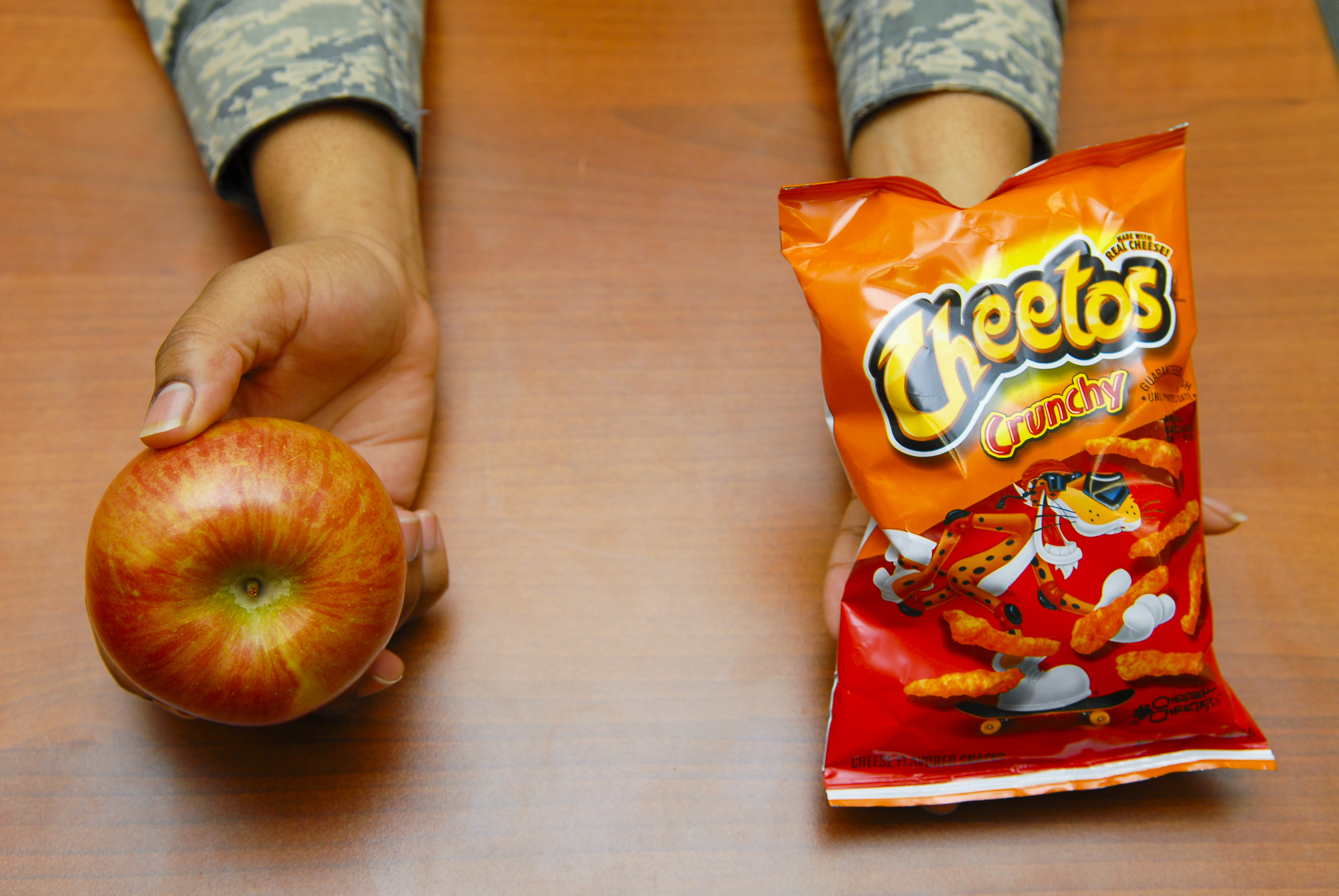Depression and nutrition

By Rachael Reiner, MBS 2020, Geisinger Commonwealth School of Medicine
Mentor: Darina Lazarova, PhD
We have all heard it from the time we were toddlers, and we continue to hear it every time we visit the doctor for a check-up. “Are you eating your fruits and vegetables, how is the rest of your diet?” In our American society that has become increasingly dependent on processed foods for their ease and comfort, we must often wonder how this diet can impact our health. In addition to the growing dependence on processed foods, we are experiencing a growing mental health crisis. In fact, the World Health Organization has shared that nearly 265 million people globally experience depression annually. I could argue that we are all familiar with prescription drug use as a treatment for depression along with psychotherapy, as these are the two most common interventions for mental disorders. However, what if there was a way to not only decrease depressive symptoms, but to avoid the cost associated with psychotherapy and prescription treatment?
In recent years, research which is the first of its kind, has proven that changing from an unhealthy to a healthy diet for as little as three weeks can have significant improvements on depression symptoms. Participants in such studies were encouraged to consume a Mediterranean-style diet, which consists of fruits, vegetables, legumes, olive oil, whole grains, seafood, poultry, dairy, eggs, and small amounts of red meat. Diets like a Mediterranean-style diet provide macronutrients to your body such as healthy carbohydrates, fats, and proteins which are all necessary for proper physiological function. Additionally, such diets include vitamins and minerals that aid the body in carrying out such functions. When we consume healthy diets, we provide nutrients to our body that utilize energy, maintain a balanced system, and can improve mental health based off the cellular processes that work in the nervous system.
We all find joy in eating our favorite “comfort food” which tends to be a food or meal that is high in fat or high in carbohydrates and sugar. Do you reach for ice cream when you are sad? My go-to comfort meal is chicken and biscuits. So why do we crave these foods, and why do they make us feel better before they make us feel worse? It comes down the processes in the body. Basically, carbohydrates produce a surplus of insulin which helps to carry small particles across the blood brain barrier. Think of the blood brain barrier as security at an international airport. Think of the carbohydrates and sugars as your passport. You need them to get in. So now you pass security and can go enjoy your vacation and be happy. Hormones and neurotransmitters are waiting in the brain for their precursors, and carbohydrates make it easier to get the precursors to that hormone/neurotransmitter in your brain. Now you have what you need to synthesize happiness, until all of your carbohydrates are depleted (which will probably happen quickly), and you run out of the components needed to create the happiness chemicals.
Additionally, there are other findings associated with a healthy diet. Polyunsaturated fatty acids which are obtained through foods such as fish, vegetable oil, nuts, and seeds, are found to maintain healthy cholesterol levels which can be protective against circulatory system diseases. Fruits and vegetables are high in antioxidants which are necessary to protect the body from what we can consider “escaped” chemicals from everyday biochemical reactions. These antioxidants ensure that the chemicals-gone-crazy have something to tame them, protecting the rest of the cells’ components from being killed or damaged.
While there is much research that needs to be conducted to understand the absolute impact of nutrition on mental health, we are certain that there is some sort of relationship. At the very least, with encouragement to maintain a healthier diet, we can be sure that our body is attaining the nutrients necessary to keep us healthier, protect us from disease, and potentially boost our overall mood.


Comments
Post a Comment